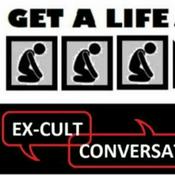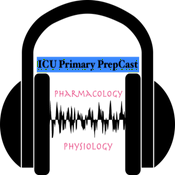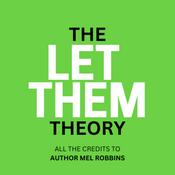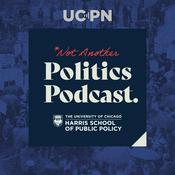213 episodes
- When a two-year-old boy suffered a catastrophic injury that severed the connection between his skull and spine, doctors across Europe told his family there was no hope. His spinal cord was completely severed, and the injury was not considered survivable. But University of Chicago neurosurgeon Mohamad Bydon saw a possibility.
In this episode of Big Brains, Dr. Bydon walks us through the extraordinary, multi-stage surgery at UChicago that not only saved the boy’s life but helped him regain the ability to breathe, talk and move his fingers and toes. He examines the future of surgery for spinal cord injury patients—from minimally invasive surgery techniques to robotic surgery and AI to stem cell therapy—is even helping some paralyzed patients regain movement and even walk again after their injuries.
Hosted by Simplecast, an AdsWizz company. See pcm.adswizz.com for information about our collection and use of personal data for advertising. - In today’s world, our brains are overloaded with information, making it hard to focus and remember. But what are the true limits of the human mind—and why do they exist? And why are some people seem so much better than remembering things than others? In this episode, we talk with with Edward Awh, a cognitive neuroscientist and professor of psychology at the University of Chicago. Whose lab studies how the brain controls focus, memory and attention.
His research explores the connection between attention and working memory, why our conscious awareness is far more limited than it feels, and what those limits mean for life in an information-saturated world. He explains what we can actually do to improve our memory—including one easy thing we can all do every day—and how using the “remote control of your mind” could help you focus your attention, given the limited space in our brains.
Hosted by Simplecast, an AdsWizz company. See pcm.adswizz.com for information about our collection and use of personal data for advertising. - The process of understanding who we are is a lifelong journey for many of us. For two decades, that question has been one that University of Chicago scholar Eric Oliver has asked his students in class—and inspired him to write a new book called "How to Know Your Self: The Art & Science of Discovering Who You Really Are."
A renowned political scientist, Oliver draws upon science, philosophy, psychology and his personal experiences to better examine the mysteries of the human experience—and explore what it truly means to be “you.”
Hosted by Simplecast, an AdsWizz company. See pcm.adswizz.com for information about our collection and use of personal data for advertising. - What if we could precisely measure a cell at its most fundamental level? In this episode, we talk with the University of Chicago scientist Peter Maurer about how he and his colleagues made the breakthrough discovery of turning a protein found in living cells into the first biological quantum bit, also known as a qubit.
Maurer explains how quantum systems—once thought to be too fragile for real-world use—are becoming some of the most powerful sensors ever built, and what they could teach us about the brain, the body and more.
Hosted by Simplecast, an AdsWizz company. See pcm.adswizz.com for information about our collection and use of personal data for advertising. - We've all heard the phrase "Manifest Your Destiny" when it comes to wanting a new promotion, figuring out a new career path or just trying to achieve that long-term goal. It turns out that the act of manifestation is not merely pseudoscience—it actually has a body of research in neuroscience to back it up.
James Doty was a clinical professor of neurosurgery at Stanford University, and founder and director of the Center for Compassion and Altruism Research and Education. He wrote several books, including Mind Magic: The Neuroscience of Manifestation and How It Changes Everything.
Hosted by Simplecast, an AdsWizz company. See pcm.adswizz.com for information about our collection and use of personal data for advertising.
More Education podcasts
Trending Education podcasts
About Big Brains
Big Brains explores the groundbreaking research and discoveries that are changing our world. In each episode, we talk to leading experts and unpack their work in straightforward terms. Interesting conversations that cover a gamut of topics from how music affects our brains to what happens after we die.
Podcast websiteListen to Big Brains, Keep The Change and many other podcasts from around the world with the radio.net app
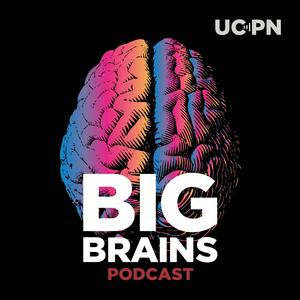
Get the free radio.net app
- Stations and podcasts to bookmark
- Stream via Wi-Fi or Bluetooth
- Supports Carplay & Android Auto
- Many other app features
Get the free radio.net app
- Stations and podcasts to bookmark
- Stream via Wi-Fi or Bluetooth
- Supports Carplay & Android Auto
- Many other app features


Big Brains
Scan code,
download the app,
start listening.
download the app,
start listening.



















